International observers commented that perhaps the ink on the peace agreement was not yet dry, when multinational companies and Westerners flocked back to Russia, pursuing profits without caring about other issues, from geopolitical issues to criticism of business views.
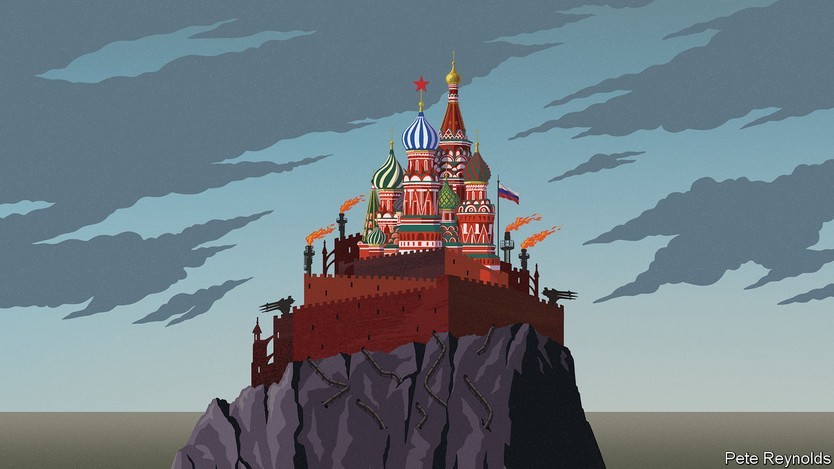 |
| Russia's economy aims to have the world's fourth-highest GDP - measured by purchasing power parity - by 2030. (Source: The Economist) |
If US President Donald Trump — by sheer audacity or luck — manages to successfully broker a ceasefire “deal” in Ukraine, prepare to see not only diplomats celebrating, but also Western corporate CEOs popping champagne.
A successful "transaction"
President Trump's special envoy for the Russia-Ukraine conflict, Keith Kellogg, has laid out a binding plan, akin to a "trade" that would trade sanctions relief for a phased peace process.
Under the proposal, some sanctions would be eased in exchange for a ceasefire, a frozen frontline and the establishment of a demilitarized zone in Ukraine.
Full sanctions relief would come later, if Russia signs a comprehensive peace deal. But even the prospect of partial sanctions relief could be enough to tempt Western businesses back.
The truth is that many Western companies have never really left Russia. Since the conflict broke out three years ago, there have certainly been shocking press releases and widely publicized withdrawals, The Moscow Times commented.
But if we look more closely, we can see that a significant number of businesses are still hidden or have left enough windows open to “drive the tank” back in.
European lenders such as Raiffeisen Bank and UniCredit still have significant operations in Russia, quietly raking in a healthy profit. Beverage giant Pepsi has also not completely shut down its operations.
For those that have left, many have structured their exits with buyout clauses — an exit that allows them to return as soon as tensions ease.
It is too early to tell, but if a fragile peace can be forged in the coming months, hidden contracts and silent commitments will suddenly emerge.
It is likely to be a flood of brands eager to regain market share, from luxury goods to fast food to financial services. After all, Russia is a huge, lucrative market with 140 million people, so any other issues can be overshadowed.
A ceasefire alone could spur activity, depending on how much geopolitical risk companies are willing to accept. If negotiations result in a fragile ceasefire without a clear path to a broader peace deal, most Western multinationals will likely hold back — at least publicly. Their legal and reputational risks will remain high, especially if sanctions remain in place and the conflict drags on.
But business leaders have their own calculations. Those that have never fully divested or chosen “no-return” options, such as candy giant Mars Inc and hotel chains Hilton and Marriott, are likely to ramp up operations behind the scenes, cautiously exploring markets for greater profits. Others may start lobbying Western governments for sanctions relief, positioning themselves for a gradual return to Russia.
"Plus or minus" depends on the point of view
What analysts say is “more worrying” is the business case for the weakening of environmental, social and governance (ESG) principles in recent years. ESG was once seen as a guiding star for companies on sustainable business practices and other controversial issues.
But in reality, the ESG issue seems to have become a "plus" or "minus" (depending on the point of view) for investors to quietly choose.
For example, oil companies that publish ads about green energy double down on their commitment to fossil fuels. The fact is, not only in the current Russian economic climate, the ESG Ministry has shown that it is not strong enough compared to revenue and profit. This is only becoming more obvious in Russia at the moment.
It is understandable that in the short time after the Russia-Ukraine military conflict, Western businesses seemed to care more than just about image; they “didn’t play” with Moscow to show solidarity with Ukraine. But as the conflict drags on, the notion of “business politics” in a time of “geopolitical instability” is rapidly eroding, because the interests of businesses will of course always come first.
The CEO of confectionery giant Mondelez also said that the company's shareholders do not "morally care" whether the corporation does business with Russia.
Meanwhile, the new US President Donald Trump is not "on the same side" with ESG, he has always expressed his own views publicly and once promised to remove it from the decision-making process of businesses. Analysts say that President Trump's own views have "given the green light" for multinational companies to return to Russia without further thought.
Meanwhile, CEOs who cannot ignore the lucrative revenue potential in an attractive market like Russia and have even laid the groundwork for a comeback also argue that - ordinary Russians should not be punished by geopolitical moves.
This strategy is not new, of course. When the sanctions were first imposed, pharmaceutical giants such as Pfizer, Johnson & Johnson, AstraZeneca and Novartis also cited “humanitarian” reasons for continuing to produce and sell in Russia, ensuring that their operations remained largely unaffected.
Now, as the prospects for peace talks grow, there is no reason why similar reasons should not be brought up from various industries, as they have always had a desire to re-establish a foothold in the vast Russian market.
Observers commented, "don't be surprised if the first beneficiaries of the ceasefire are not Ukraine, but multinational companies, lining up to re-enter a market they never really abandoned. For them, the conflict is only an inconvenience, the peace, however fragile, is a business opportunity that cannot be ignored."
Before Russia’s military intervention in Ukraine, Moscow’s expatriate community was a vibrant network of bankers, businessmen, and workers from around the world, lured by high salaries and glamorous cities. Many Westerners fled the sanctions imposed on Moscow, and corporate offices were closed, but some chose to stay.
But if a peace deal materializes, the number of people coming to Russia will surely rise rapidly. Moscow has always been a strong draw for foreign businessmen looking for opportunities. If Western companies return quickly, so will professionals chasing money. Whether in finance, energy or hospitality, a reopened Russian economy will quickly attract foreign talent.
By this time, talk of “exit fees” has begun. Companies that leave Russia on bad terms, it is said, will not be able to easily return. Messy, highly political exits can face serious hurdles if they try to return. Meanwhile, companies that leave cleanly – meaning they keep jobs and operations intact – will have a smoother path back.
Russian President Vladimir Putin has set a goal of making the country the fourth-highest GDP in the world – measured by purchasing power parity – by 2030. And now, according to the Russian Ministry of Trade, most foreign companies want to resume operations in Russia as soon as possible and are considering various options.
And of course, Moscow supports them.
Source: https://baoquocte.vn/khong-can-noi-nhieu-suc-hap-dan-cua-kinh-te-nga-van-khien-doanh-nghiep-phuong-tay-nghien-303089.html






















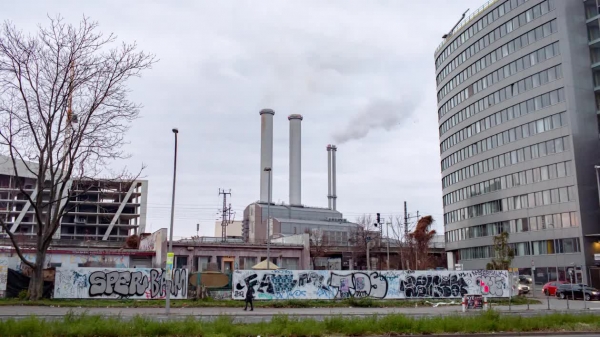

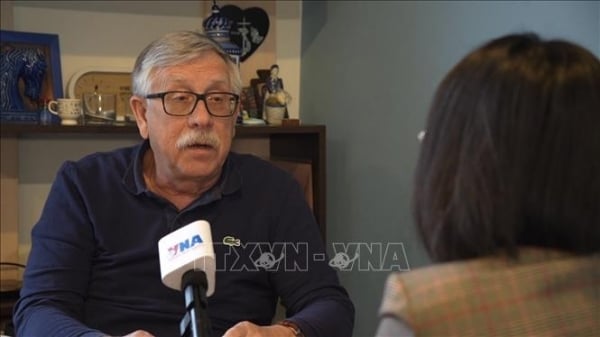
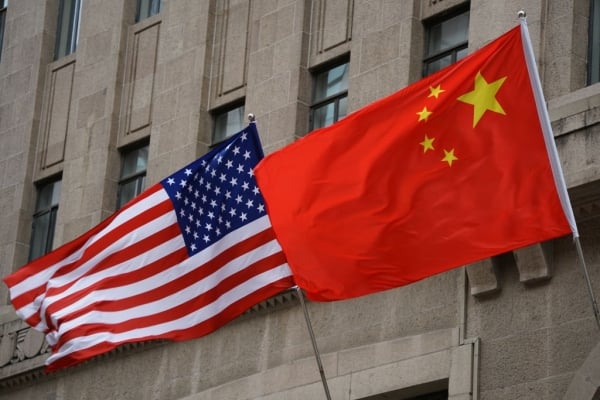
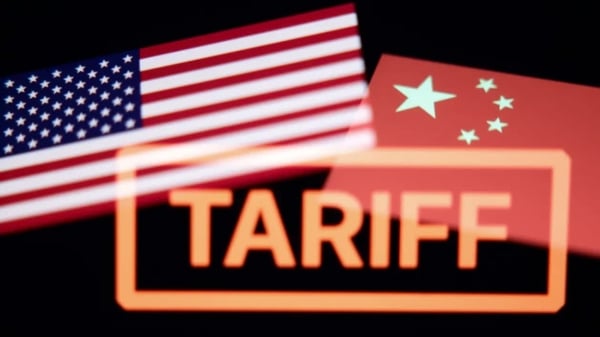
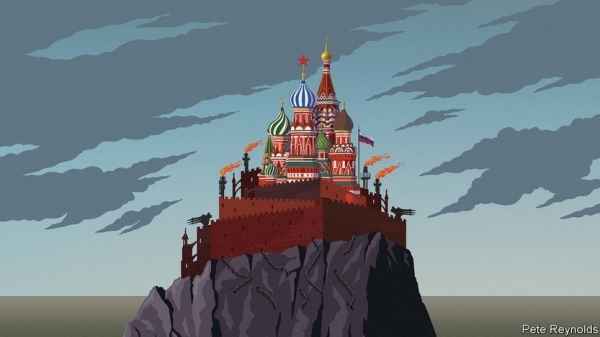
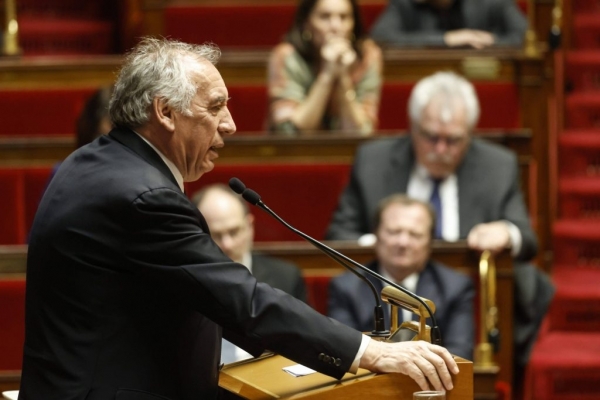

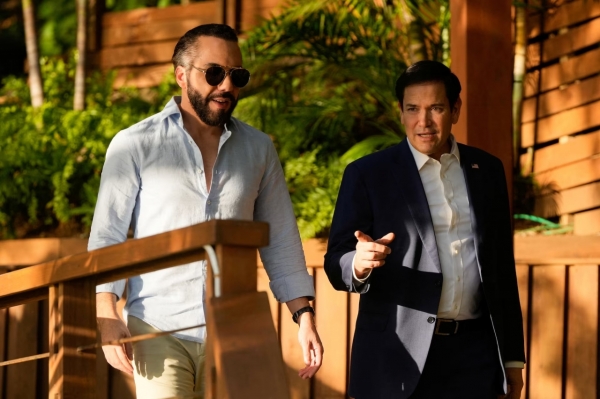

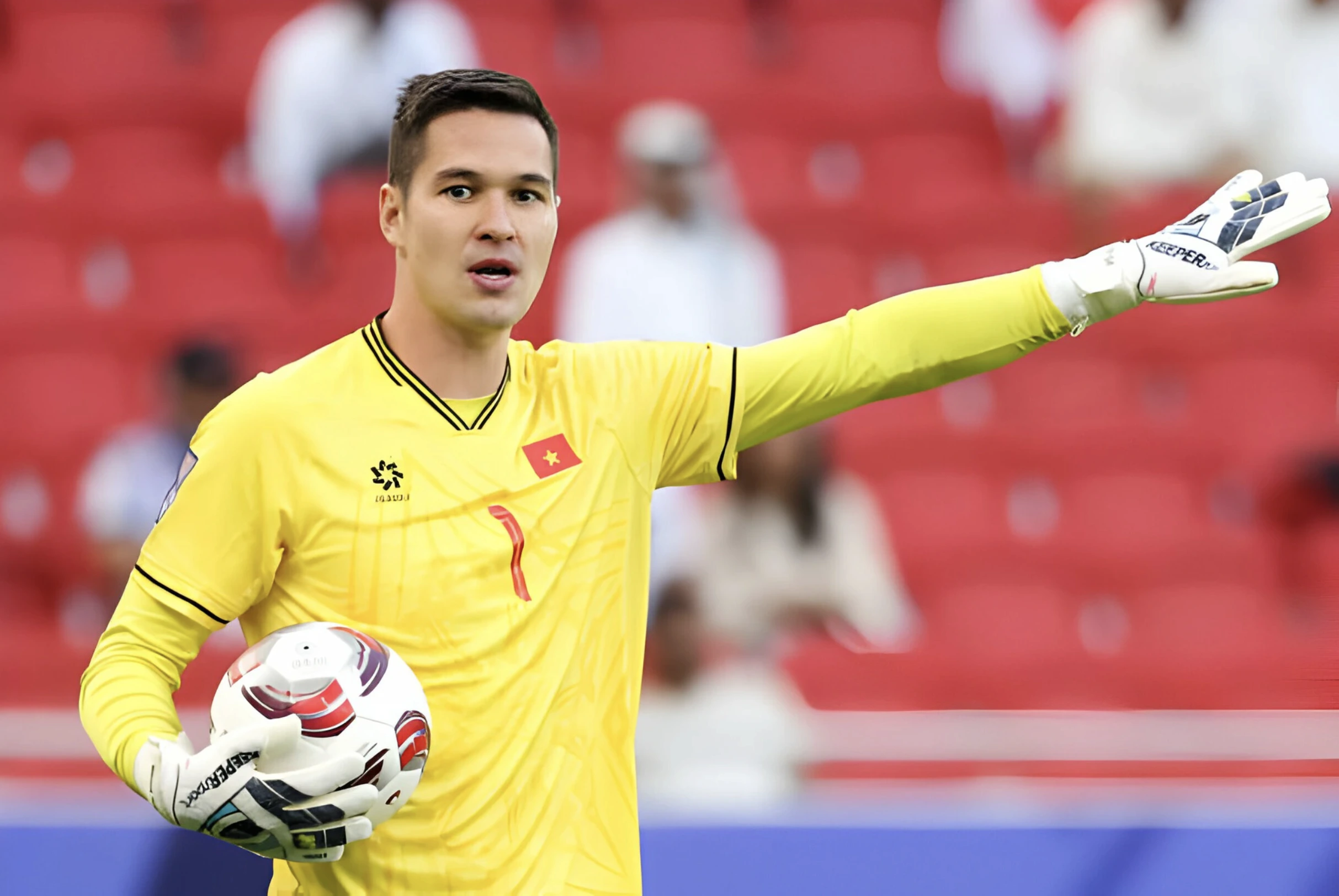













Comment (0)